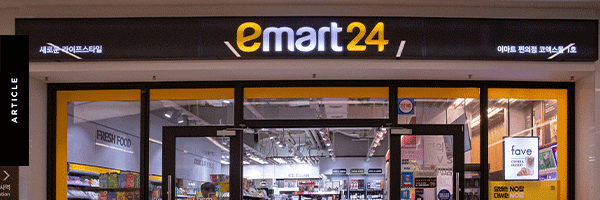Article by latest.insure
If you’re a landlord, protecting your investment is a top priority.
One major risk you might not have considered is the impact of illegal activity on your property: It could lead to insurance claims being denied.
This issue has become increasingly relevant across our nation with government health departments and consumer protection agencies issuing guidelines to manage the risks related to illegal drug activities in homes, for example.
Under Australian law, illegal tenant activity includes:
- Growing or dealing illegal drugs on the rental property
- Abuse, harassment or domestic violence, and
- Storing stolen goods on the rental property.
In those circumstances, usually a tenant can be evicted without notice, but the police should be involved to handle the issue.
The Relevance to Landlords and Property Owners
You might expect your landlord insurance policy to cover property damages related to your tenant’s illegal activities as ‘malicious damage’, but it’s not that clear cut. While your policy should aim to safeguard your investment, could be rendered useless if illegal activities are discovered on your property.
Simply, you can’t turn a blind eye to any suspected illegal activities of your tenants – the repercussions for you are too high.
Recent events, such as the spate of firebomb attacks on tobacco stores in Victoria, highlight the importance of understanding how illegal actions can impact your insurance coverage.
As the landlord, you should inspect within the terms of the rental agreement or have your property agent do so, including a thorough annual physical inspection of the property.
Understanding Claim Denial
An insurer may deny claims made under a policy due to the operation of an exclusion. This can happen if the insurer finds that illegal activities were taking place on the premises. Insurers argue that they would not have provided coverage if they had known about the illegal actions (LMI Group).
Financial services laws provide a framework under which insurers must apply such exclusions including the insured’s right to access dispute resolution both the insurer’s internal dispute resolution and AFCA.
There are a number of laws that assist to protect the consumer rights so that such exclusions are applied fairly. In addition consumers have rights to access dispute resolution.
Recent Incidents and Warnings
Victoria has seen a spate of firebomb attacks on tobacco stores, with 59 incidents reported. These attacks prompted Taskforce Lunar detectives to make several arrests. In light of these events, police have been warning shop landlords about the risks of illegal activities on their premises and the potential impact on insurance claims. This situation highlights the serious implications for landlords who may not be aware of what their tenants are up to.
Expert Insights
Allan Manning, Managing Director of LMI Group, has pointed out that the claim may be denied if illegal activities are found. As a loss adjuster that advises the insurance industry, he says that insurers can deny liability by proving they wouldn’t have taken on the risk if they had known about the illegal activities. This ability of insurers to deny claims can leave landlords financially vulnerable, especially if a significant loss occurs due to these activities.
Implications for Landlords
If illegal activities are discovered on your property, you could face serious consequences. The most immediate risk is having your insurance claims denied. This means any damage or loss resulting from these activities won’t be covered, leaving you to foot the bill.
It’s crucial to know who is leasing your property and what they’re using it for to avoid these risks.
Preventive Measures
To protect yourself, start by thoroughly screening potential tenants and where possible use an experienced property manage. This helps ensure you’re not leasing to individuals involved in illegal activities.
Do deep checks if you notice any of these flags in the background of the potential tenant:
- Aren’t interested in property features, such as the kitchen, bedrooms and bathrooms, proximity to schools, shopping or public transport
- Won’t want you to do background checks, with a ‘dummy applicant’ fronting up,
- They’re happy to pay rent way in advance by cash, and
- They’ve offered to pay to install extensive security.
Regular (six-monthly) property inspections and keeping in contact with your tenants (of property manager, if you use one) can also help you stay informed about what’s happening on your property. These steps are essential for safeguarding your investment and maintaining your insurance coverage.
Sadly, you might only notice ‘after the fact’ when it comes to illegal activities. If you can access utility bills such as for electricity or water, these may show unusual spike indicating an illegal use such as hydroponic drug den. Other tell signs are:
- Unpaid utility bills
- Plumbing modifications
- Fortifications
- Fire damage
- Damaged ceilings
- Indications of past explosions, and
- Toxic chemical residue.
Communication with Your Insurance Broker or Adviser
If you suspect illegal activities on your property, contact us as your insurance broker or adviser immediately. Victoria Police have advised landlords to seek clarity on the potential impact on their policy coverage, particularly if illegal activities are suspected or rumoured.
Proactive communication with us ensures you understand the fine print of your policy and take right actions to protect your coverage.
Legal and Insurance Considerations
Full disclosure to us as your broker or adviser is vital to avoid disputes over coverage. As a landlord, you are legally obligated to ensure your property is not used for illegal activities.
So, to recap, ensure you’re vigilant: conduct thorough tenant screenings, maintain open communication with tenants, and stay in touch with us so together we can protect your investment.


